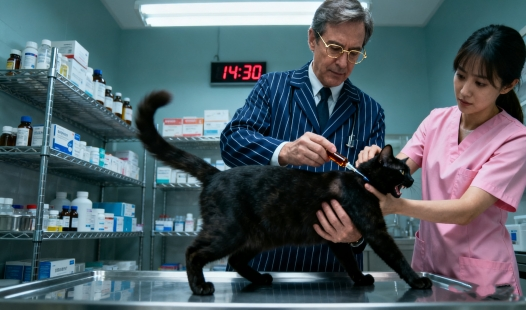Gastrointestinal (GI) disturbances are among the most frequently reported side effects of GS-441524 therapy in cats. Understanding these effects and how to manage them is essential for ensuring your cat's comfort and treatment adherence.
These symptoms typically occur within the first few days of treatment and often resolve on their own as the cat's body adjusts to the medication.
If GI symptoms persist or worsen, consult your veterinarian. They may recommend supportive treatments or adjustments to the dosing regimen.
Some cat owners report observing behavioral changes in their pets during GS-441524 treatment. While these effects are generally mild, being aware of potential alterations can help owners provide appropriate care and support.
Common Behavioral Observations
Cats undergoing GS-441524 therapy may exhibit:
- Increased lethargy or sleepiness
- Temporary changes in activity levels
- Alterations in social interactions
- Mild anxiety or restlessness
Supporting Your Cat's Well-Being
To help your cat cope with potential behavioral changes:
- Provide a calm, stress-free environment
- Maintain regular routines as much as possible
- Offer comfortable resting areas
- Engage in gentle play and interaction as tolerated
If behavioral changes are severe or concerning, consult your veterinarian for guidance.
Monitoring For Rare But Serious Side Effects
While uncommon, some cats may experience more severe side effects. It's crucial to be vigilant and watch for signs such as:
- Severe lethargy or weakness
- Prolonged loss of appetite
- Jaundice (yellowing of the skin or eyes)
- Neurological symptoms (e.g., seizures, incoordination)
If any of these symptoms occur, seek immediate veterinary attention.

Conclusion
While GS-441524 has shown promise in treating FIP, it's essential to be aware of potential side effects. Most cats tolerate the medication well, with side effects being generally mild and manageable. Whether using injectable forms or fip pills for cats, close monitoring, proper administration, and open communication with your veterinarian are key to ensuring the best possible outcome for your feline companion.
Remember that the benefits of GS-441524 therapy often outweigh the risks for cats with FIP. However, each case is unique, and treatment decisions should be made in consultation with a qualified veterinary professional.
FAQ
1. How long do side effects typically last when using GS-441524 pills?
Most side effects, particularly gastrointestinal issues, tend to resolve within the first 1-2 weeks of treatment as the cat's body adjusts to the medication. However, individual experiences may vary, and some cats may experience longer-lasting effects.
2. Can GS-441524 be used in combination with other medications?
GS-441524 may interact with other medications. It's crucial to inform your veterinarian about all medications, supplements, or treatments your cat is receiving to avoid potential interactions and ensure safe, effective therapy.
3. Are there any long-term side effects associated with GS-441524 use in cats?
Long-term studies on GS-441524 use in cats are limited. While no significant long-term side effects have been widely reported, ongoing research continues to evaluate the medication's safety profile. Regular veterinary check-ups and monitoring are essential throughout the treatment course.

Trust BLOOM TECH for High-Quality GS-441524 Supply
The veterinary usage of high-quality GS-441524 is a priority for BLOOM TECH, a prominent supplier of medicinal chemicals. Our considerable knowledge of organic synthesis, GMP-certified manufacturing facilities, and rigorous quality control procedures guarantee a consistent and dependable product, including fip pills for cats, for the treatment of infectious peritonitis in felines.
With BLOOM TECH as your trusted GS-441524 supplier, you can focus on providing the best care for feline patients. Our dedicated team offers personalized support, competitive pricing, and efficient logistics to meet your specific needs. For inquiries about our GS-441524 products or to discuss your requirements, please contact us at Sales@bloomtechz.com.
References
1. Pedersen, N.C., et al. (2019). Efficacy and safety of the nucleoside analog GS-441524 for treatment of cats with naturally occurring feline infectious peritonitis. Journal of Feline Medicine and Surgery, 21(4), 271-281.
2. Murphy, B.G., et al. (2020). Treatment of cats with feline infectious peritonitis with GS-441524. Journal of Feline Medicine and Surgery, 22(6), 551-557.
3. Dickinson, P.J., et al. (2020). Antiviral treatment using the adenosine nucleoside analogue GS-441524 in cats with clinically diagnosed neurological feline infectious peritonitis. Journal of Veterinary Internal Medicine, 34(4), 1587-1593.
4. Addie, D.D., et al. (2020). Feline infectious peritonitis. ABCD guidelines on prevention and management. Journal of Feline Medicine and Surgery, 22(11), 1028-1048.
















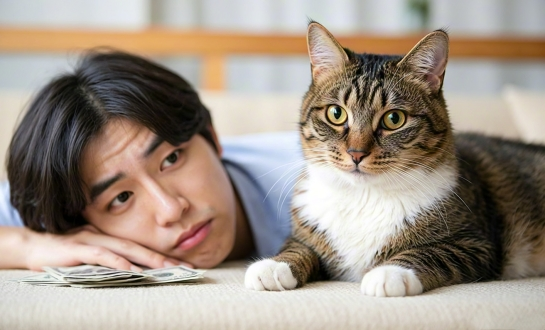
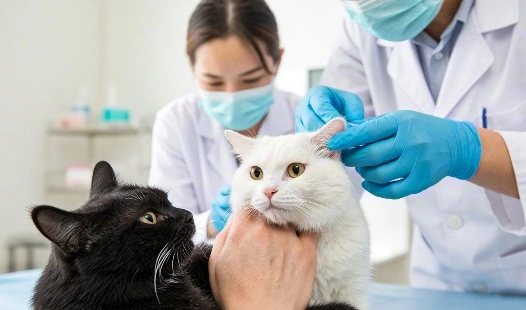
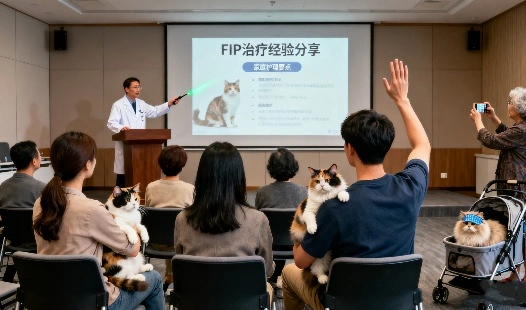
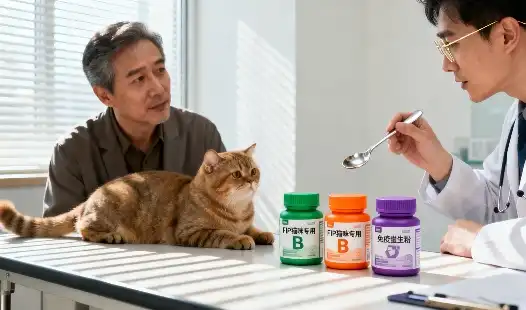
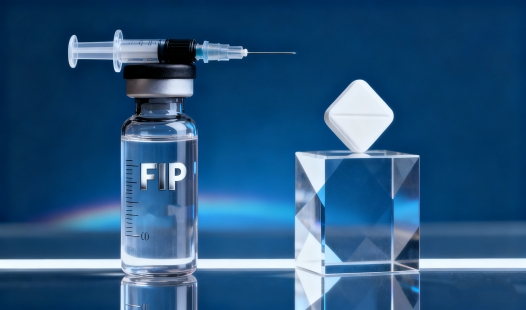
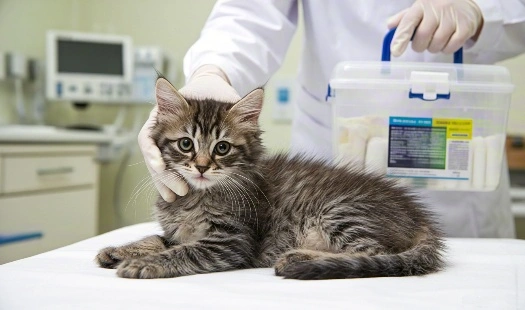
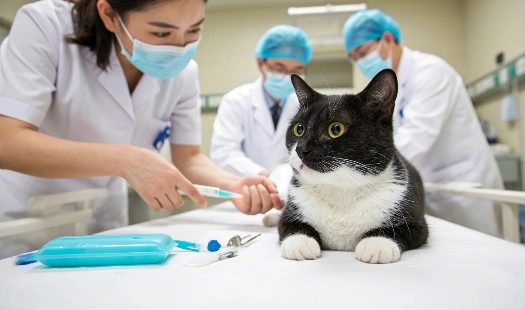
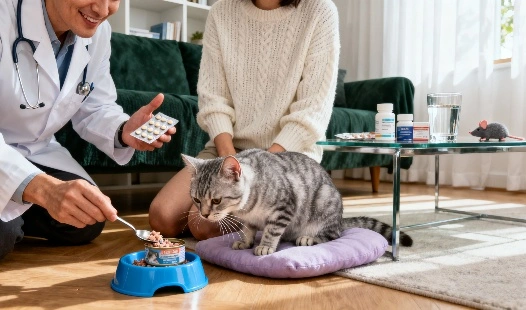
_副本_1760324384222.webp)
